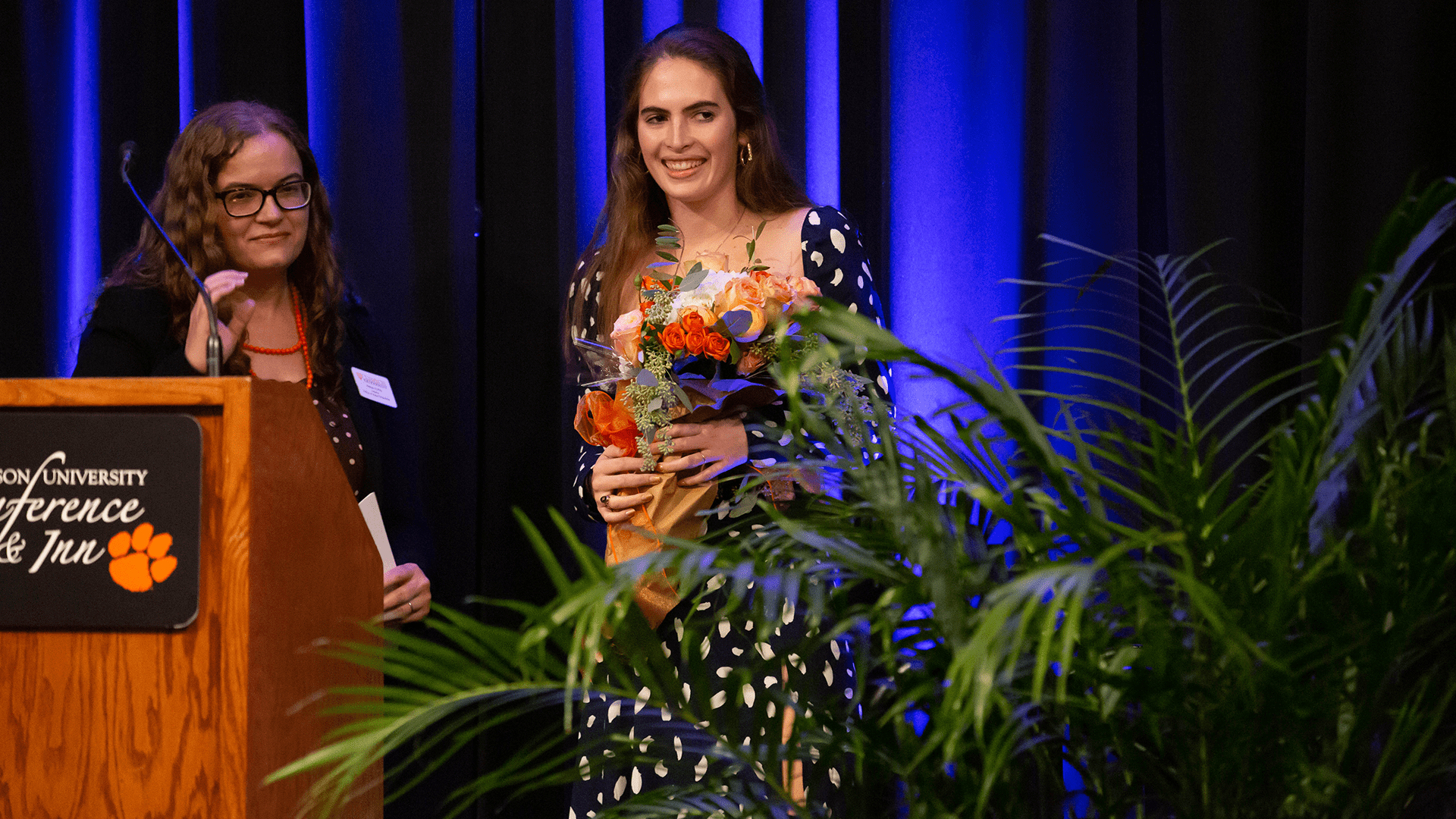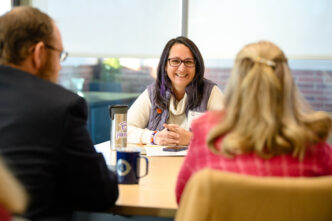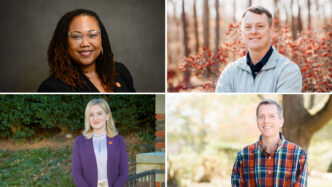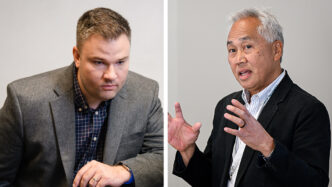The recent headline news announcing Louise Franke as Clemson University’s first Rhodes Scholar was celebrated across the University and is one of many recent high-water marks for the Office of Major Fellowships where life-changing experiences for Clemson students are initiated—often years before a wonderful announcement.
Clemson’s Office of Major Fellowships was founded in 2018 to support students through the application process for significant fellowship opportunities. Since then, Clemson has marked a series of firsts, particularly in top national and international programs.
Recent highlights include students being recognized with the prestigious Hertz Fellowship and Rhodes, Truman, Udall and Gates-Cambridge Scholarships.
Over the last three years, 33 Clemson students have been named Fulbright finalists. The University is also competitive for National Science Foundation Graduate Research Fellowships and Goldwater Scholarships (where it has led the ACC in recipients since 2006).
“Our record of success demonstrates that Clemson students are not only among the best and brightest students in the country but are also able to compete on a national and international level for major scholarships. Our Office of Major Fellowships is a big part of that.”
President Jim Clements
Robyn Curtis, the office’s director, says that applying for major awards can be a life-changing experience, whether or not the student wins.
“These programs are exceptionally competitive and even with our help, most of the students we put forward will not ultimately win – though we’re thrilled when they do,” said Curtis. “Instead, our focus is on helping students find opportunities that further their personal and academic growth.”
According to Curtis, the best time to start working with her office is in a student’s first year, though they provide support at any stage of a student’s undergraduate or graduate degree program, including after they graduate.
Her office offers preliminary advising meetings where she and her staff ask students about their area of study and research, and what they want to do next.
Curtis then uses this information to advise students about opportunities, both on and off campus, that can make them more competitive for major fellowships or scholarships when they become eligible to apply.
“If a student wants to be able to pursue a major fellowship like the Rhodes, for example, in their senior year, we look for earlier opportunities that could be good steppingstones to that award. These could be internship programs, research or leadership experiences, or even other scholarship or grant opportunities, as success does tend to beget success.”
office of major fellowships director Robyn curtis
She checks in with her students once or twice a year, to see how they are progressing, identify possible new opportunities and determine if they need to adjust their plan.
When it becomes time to apply, Curtis encourages students to start early. An application package for a larger fellowship opportunity, for example, tends to be a six-month process.
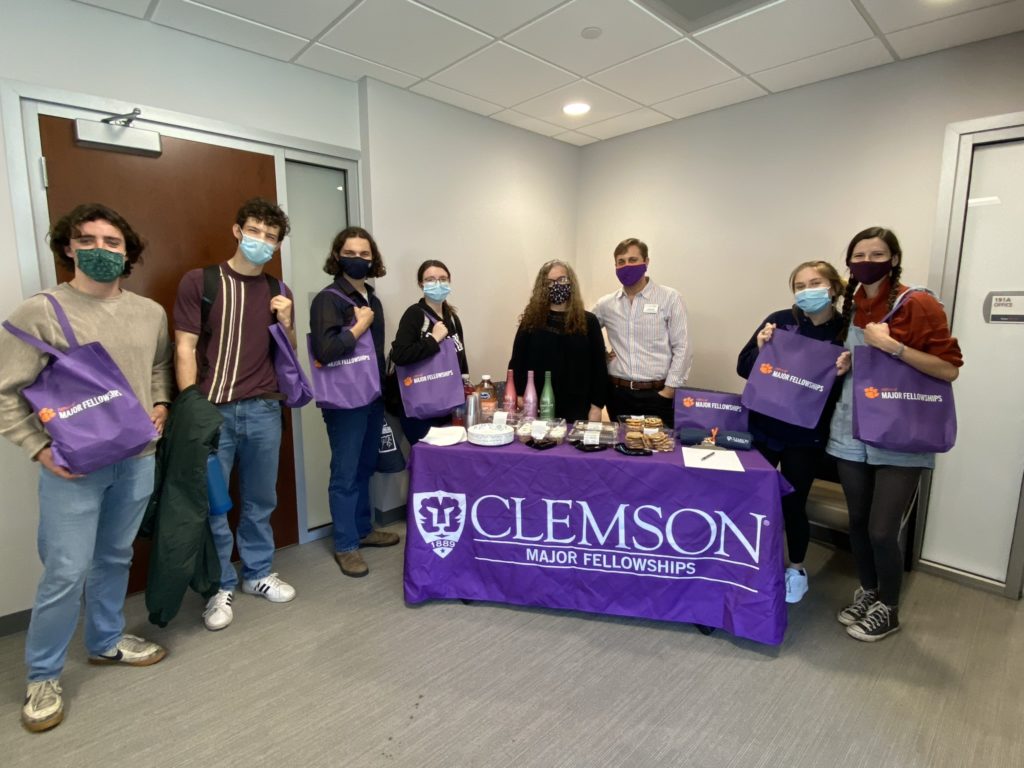
“It usually takes a full semester to complete the application, plan and write a personal statement, and gather letters of support,” said Curtis. “It’s also important to include time for a review of the package as a whole, to make sure it includes specific language related to the program’s criteria and fully addresses its requirements.”
In the end, a successful application involves a team effort between Clemson’s Office of Major Fellowships, the student and their faculty and staff mentors. Working together can ensure that the package is cohesive and ensures that faculty recommenders can speak to different reasons why the student would be such an exceptional candidate for the program.
As the number of students served continues to grow, the office has expanded to include an assistant director, a graduate assistant advisor and an administrative assistant.
“Zach Mueller, the office’s assistant director, and Baylor Graham, our graduate assistant, play an incredibly vital role in our advising work,” said Curtis. “Cristina McKinnon, our new administrative assistant, is freeing us up to focus more on the students and less on spreadsheets.”
Canvas courses have also been developed as an additional guide for students applying for certain major fellowship or scholarship programs. The courses help students through every stage of the application process, including support for interview stages and what steps they need to take if they win.
Path to a Truman Scholarship
Ashni Bhojwani was a Clemson University senior with a dual degree in criminal justice and psychology in 2020 when she was awarded the highly coveted Truman Scholarship.
She was the only student in South Carolina to be named a Truman Scholar that year and the third Clemson student to ever receive it – an experience she says is one of the highlights of her life so far.
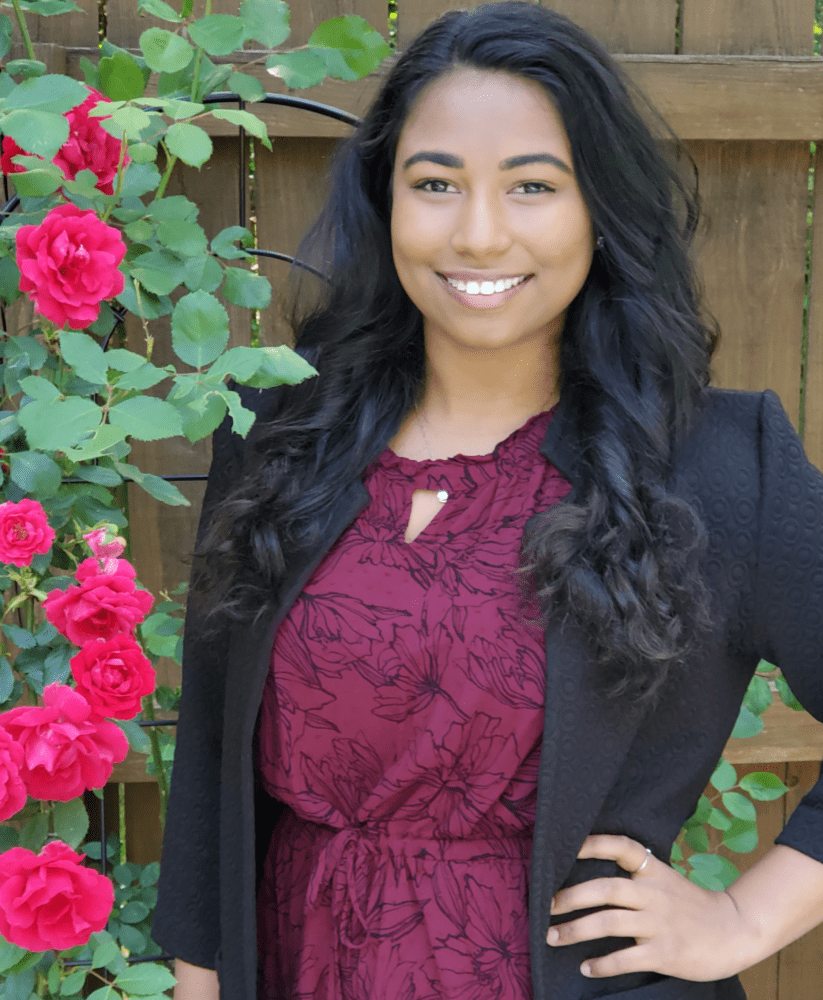
Bhojwani first learned about the program from a Truman Scholar during her summer internship with the Campaign for Youth Justice in Washington D.C.
She reached out to Curtis, who suggested Bhojwani also apply for the Soros Fellowship. Although she wasn’t chosen for that award, she says that process helped her prepare for her Truman application.
“The questions in these applications are not simple yes or no questions. They are deeply personal and thought provoking,” said Bhojwani. “Going through the Soros and Truman processes forced me to reflect and really focus in on not just what I wanted to do in my future, but the nitty gritty details on how I wanted to achieve my dreams.”
She credits Curtis’ guidance at every turn of the application process with being crucial to her win.
“Her directness combined with her guidance allowed me to create application responses that truly conveyed who I was as an individual in the most effective way possible,” Bhojwani said. “She rallies around her students and challenges us to rise to the occasion even when we are filled with self-doubt. I couldn’t have done any of this without her support and guidance, and for that, I am forever grateful.”
Bhojwani, who now works as the Violence Against Women Act (VAWA) and Human Trafficking Program Assistant at the South Carolina Office of the Attorney General, plans to re-apply for the Soros Fellowship as a Clemson alum.
Faculty involvement and development
Political science faculty member Jeff Fine says that Curtis’ knowledge of the details of major fellowships is a tremendous resource for faculty and top students.
“Working with Robyn and her office ensures that, as a faculty member, I don’t have to know the details of every major fellowship,” said Fine. “Rather I recommend my top students meet with Robyn to figure out what opportunities best fit their interests, experiences and career goals.”
He also frequently volunteers with Curtis’ office to serve on interview preparation panels for students who make it to the finalist stage for an award. Fine says that doing so gives him better insight into what it takes for a student to be competitive for a major fellowship, like the Rhodes, Truman or Knight-Hennessy Scholarships.
Several of Fine’s students have received major awards, including Louise Franke, Clemson’s first-ever Rhodes Scholar, and Anish Chaluvadi, its first Gates Cambridge Scholar. He says his involvement with the Office of Major Fellowships has helped him both identify students who might be strong candidates and help them reach their fullest potential.
“We have incredible students at Clemson, and our top students are competitive with students at other elite institutions. It’s so rewarding to see my students recognized for major fellowships like the Rhodes, Truman, Knight-Hennessy Scholarships, which will help them pursue careers that will make their communities a better place.”
political science professor jeff fine
Students interested in applying for or learning about nationally and internationally competitive programs should contact the Office of Major Fellowships at 864-656-9704 or fellowships@clemson.edu.

